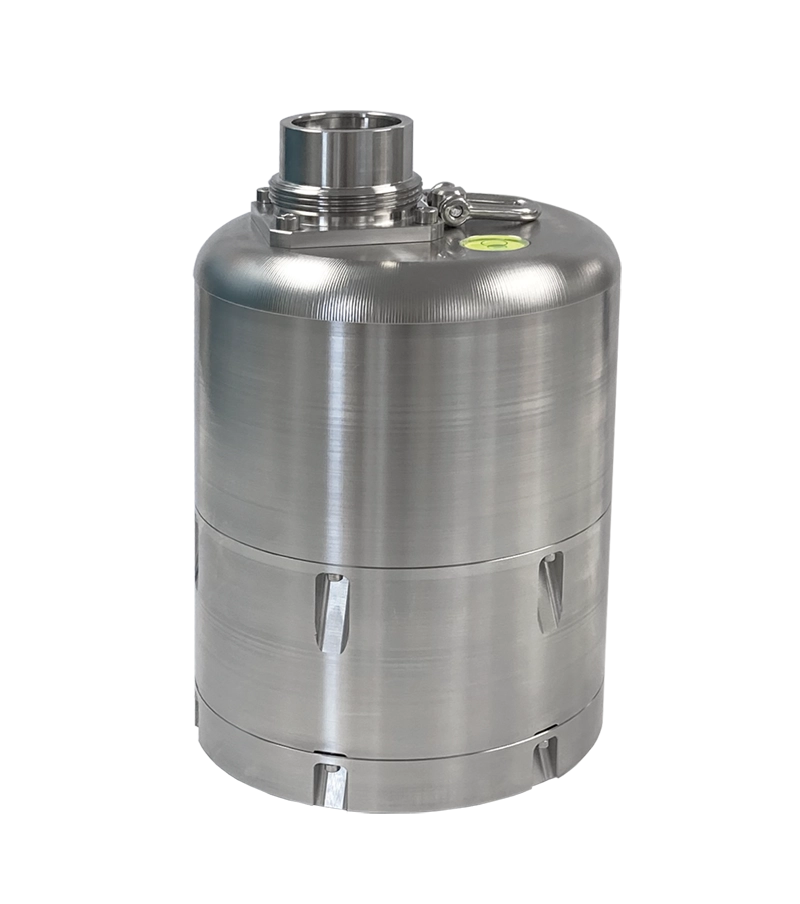Background
The Montana Bureau of Mines and Geology (MBMG) operates the Montana Regional Seismic Network, a network of over 50 permanent seismic monitoring stations. The Network provides information on locations and magnitudes of seismic events throughout the state, helping to establish whether recorded events are natural or induced by human activities such as quarry blasting.
Through funding from the Montana Reclamation and Development Project Grant Program, MBMG was able to procure twelve state-of-the-art seismic stations, which will help to increase the coverage of the seismic network in western Montana, as well as upgrading some older analogue sites.
The project goal is to densify the seismic network in Montana, particularly in the west, where there is higher seismic activity and a history of larger, damaging earthquakes. The updates to the network will increase seismic data density for the region, enabling researchers to better understand hazard in the state.
Through funding from the Montana Reclamation and Development Project Grant Program, MBMG was able to procure twelve state-of-the-art seismic stations, which will help to increase the coverage of the seismic network in western Montana, as well as upgrading some older analogue sites.
The project goal is to densify the seismic network in Montana, particularly in the west, where there is higher seismic activity and a history of larger, damaging earthquakes. The updates to the network will increase seismic data density for the region, enabling researchers to better understand hazard in the state.
Güralp solution
Güralp’s agile engineering team and state-of the art robotic machining facilities enabled rapid development of a new instrument for the project. Hexis is a new sensor package that incorporates a Certis broadband seismometer and a Fortis accelerometer in a single stainless steel casing. By combining both sensors in a single robust package, cabling and connector requirements are reduced - a single, high-pressure waterproof connector ensures the Hexis is suitable for installations in harsh or unpredictable environments. Hexis was designed, prototyped, manufactured, and delivered within a five-month period.
Güralp supplied 12 Hexis posthole sensors partnered with Minimus+ digitizers. Having both broadband and strong motion sensors co-aligned in the same packaging simplifies installation, improving the operation workflow for the small field team at MBMG.
Güralp supplied 12 Hexis posthole sensors partnered with Minimus+ digitizers. Having both broadband and strong motion sensors co-aligned in the same packaging simplifies installation, improving the operation workflow for the small field team at MBMG.
Figure 2: The Hexis dual sensor
To ensure that the instruments achieve the best performance possible, Güralp provided installation support and training services to the MBMG team to familiarise them with the instrument hardware and software interface. The advanced State-of-Health capabilities provided by the Minimus were also reviewed in detail during the training and will be invaluable to the MBMG field team as they manage the maintenance of stations across a large geographic area.
Deployment
The Hexis were deployed in posthole installations and buried at a depth of around five feet or 1.5 metres. The postholes were cased with PVC pipe and the base filled with sand. The Hexis was lowered using strain relief rope before being levelled and orientated. The Hexis were then backfilled with sand to provide additional coupling. The Minimus+ is encased in a weatherproof enclosure and connected to the Hexis posthole via a buried conduit. The enclosure also contains a charge controller and cell modem. External to the surface enclosure, solar panels, the GNSS antenna, and the cell antenna are mounted.
Figure 3: Station Installation
Outcome
Figure 4: PSD for Broadband Z Component for station WCMT
The instruments used for this project have recently been deployed and are starting to stream data back to the MBMG. During the initial installation process, the above PSD of the Certis Z component at station WCMT was produced 48 hours following installation. The Certis broadband sensor components offer excellent noise performance, particularly at long periods, whilst maintaining a compact and low power form factor for the system. The any-angle capability of the Hexis posthole sensor also pushes the limits of broadband seismic monitoring, further simplifying deployments. This is sure to open up new, more accessible horizons for seismic monitoring by reducing the skill requirement for broadband installations.
Instruments added to the network are now streaming data into the Earthscope DMC.
Instruments added to the network are now streaming data into the Earthscope DMC.





